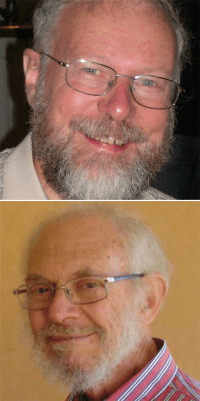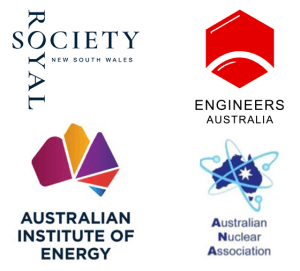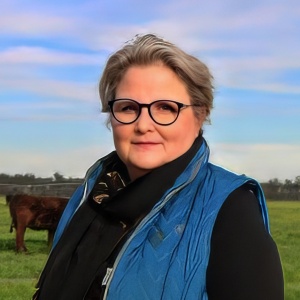Southern Highlands Branch Meeting 2022-7

 “The cycle of rainfall in Eastern NSW”
“The cycle of rainfall in Eastern NSW”
Professor Michael Asten
and
Professor Ken McCracken
Date: Thursday, 18 August 2022, 6.30 pm AEST
Venue: RSL Mittagong, Carrington Room
All are welcome
Summary: Michael Asten and Ken McCracken will present evidence for an 80-year on-off cycle in extreme rainfall and flood events in the Hawkesbury River and Lake George and address the question “Is a new 40-year flood-prone cycle commencing now?”
Two sites provide hydrological data over 200 years since European settlement: (a) height of the Hawkesbury River at Windsor, within the Sydney Basin (HR); (b) level of the ephemeral Lake George, sited 100 km inland. The Hawkesbury River has experienced 43 moderate to major floods since 1799 with the timing of floods grouping into approximate 40-year segments of greater or lesser flood frequency. Lake George has a reconstructed history of annual levels (Short et al, 2020) which shows similar obvious spacings which range from 50 to 80 years. Evidence suggests a flood-dominant time-span is now commencing again, which has very large implications for flood management in NSW, especially those localities developed for housing over the past 30-year drought-dominated time span (1991-2020).
Also of note is that discharge levels of the Brahmaputra River (Bangladesh) show similar 80-year cycles, which adds credibility to the hypothesis that these long-term cycles are global in scope. The 80-year cycle is close to the period of the Gleissberg cycle, well known from solar-magnetic and cosmic ray studies.
At the sub-decadal time scale, flood events in Eastern NSW show a clear association with La Nina events which until recently could not be forecasted more than 6-12 months ahead. In this talk, we explore how studies of solar-magnetic phenomena provide potential forecasting of La Nina events on a sub-decadal time scale, and of the longer-term alternating 40-year time spans of drought-dominant and flood-dominant times.
Michael Asten is a retired Professor of Geophysics, having worked for 23 years in the School of Earth Atmosphere and Environment, Monash University, Melbourne. Prior to that, he was a Senior Principal Geophysicist in BHP with 18 years’ experience in worldwide programs of research and practice of methods for the search for new mineral resources. He is a past-President of the Australian Society of Exploration Geophysicists, and served a recent three-year term as the Australian Geoscience Council representative on the Australian Academy of Sciences UNCOVER Committee. In 2021 he served as an Expert Reviewer for the IPCC Sixth Assessment Report on climate change. He has published 214 scientific papers and has various research awards from the Australian SEG, BHP, and CSIRO for innovations in electromagnetic, airborne gravity gradient and passive seismic methods in applied geophysics. Using time-series analysis methods from past work he has also been researching for nine years the role of natural cycles in centennial and millennial global climate change; this work has been the subject of nine papers at international conferences, the latest being the European Geophysical Union in Vienna, May 2 of this year.
Ken McCracken, a Southern Highlands resident and a Fellow of the Australian Academy of Science, is well known to Royal Society of NSW Southern Highlands audiences, having given a number of lectures over many years. His research interests are in cosmic ray modulation, solar energetic particle events, interplanetary magnetic field, geophysical techniques applied to deeply weathered terrains, and cosmogenic radionuclide studies.
| Date: | Wednesday, 17 August 2022, 11:29 PM |
| Venue: | |
| Entry: | |
In Person Event
All are Welcome








